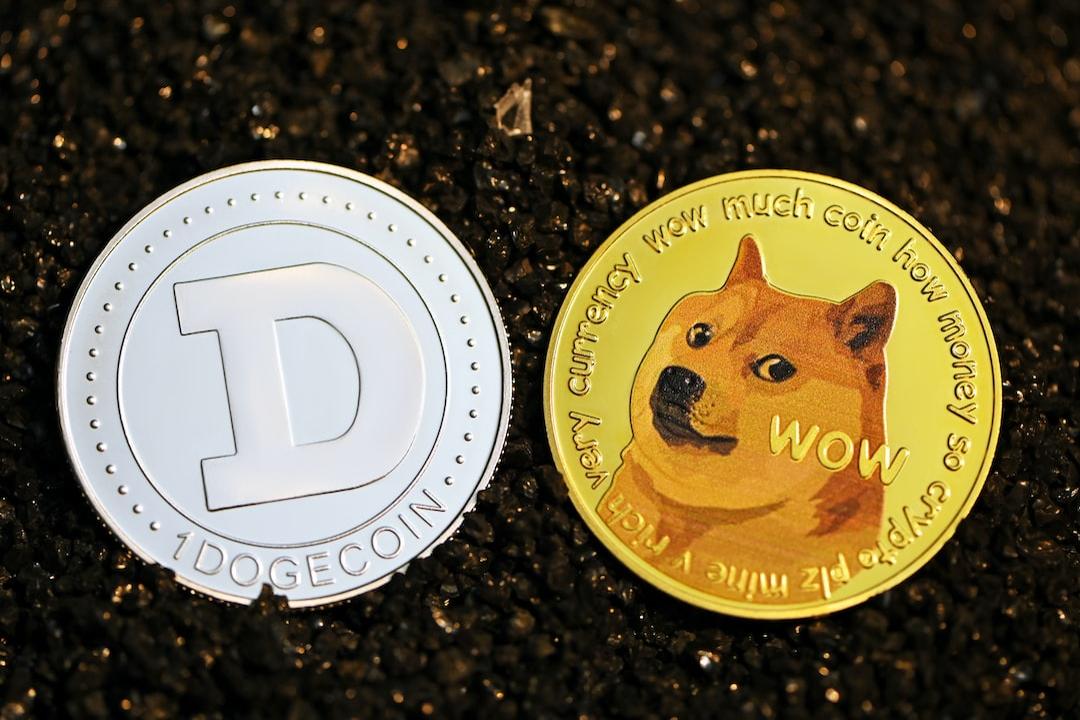BlackRock’s Bitcoin ETF, IBIT, continues to dominate the market in the United States, attracting the largest investment inflows. In a remarkable feat, IBIT saw a daily influx of $300 million on Wednesday, bringing its total inflows to over $23.5 billion since its launch. Larry Fink, the CEO of BlackRock, believes that the liquidity and transparency features of Bitcoin are the primary drivers behind this surge.
IBIT’s position in the market is solidifying, with a significant lead over its competitors. On Wednesday, net inflows to spot Bitcoin ETFs amounted to $192 million, and IBIT alone contributed over $300 million, acquiring more than 4,500 Bitcoin in a single day. This is ten times the daily production of Bitcoin.
The decision to create the ETF was driven by the growing demand for Bitcoin in the global market. Samara Cohen, the head of BlackRock’s ETF division, explained that the goal was to provide better access to Bitcoin for investors.
Larry Fink believes that the increasing adoption of Bitcoin will further enhance its liquidity. He also stated that the upcoming US elections would not have a significant impact on Bitcoin. In the recent elections, cryptocurrency donations exceeded $190 million, demonstrating the growing influence of cryptocurrencies in politics. Candidates like Donald Trump and Kamala Harris had varying degrees of focus on cryptocurrencies, with Harris making moderate remarks regarding regulations in this area.
The success of BlackRock’s Bitcoin ETF, IBIT, reflects the growing interest in the cryptocurrency market and the increasing confidence that investors have in Bitcoin. Factors such as liquidity and transparency are vital in driving the adoption of crypto assets. This trend is particularly noteworthy for investors due to the heightened accessibility and market interest in Bitcoin.
Disclaimer: The information provided in this article should not be considered as investment advice. Investors should be aware that cryptocurrencies are highly volatile and carry risks. It is advisable for investors to conduct their own research.



